Search Results
Showing Results for neurodegenerative disorders

Emerging data at EAN 2025 reveals key innovations across multiple neurological disease areas. In this article, you will learn:
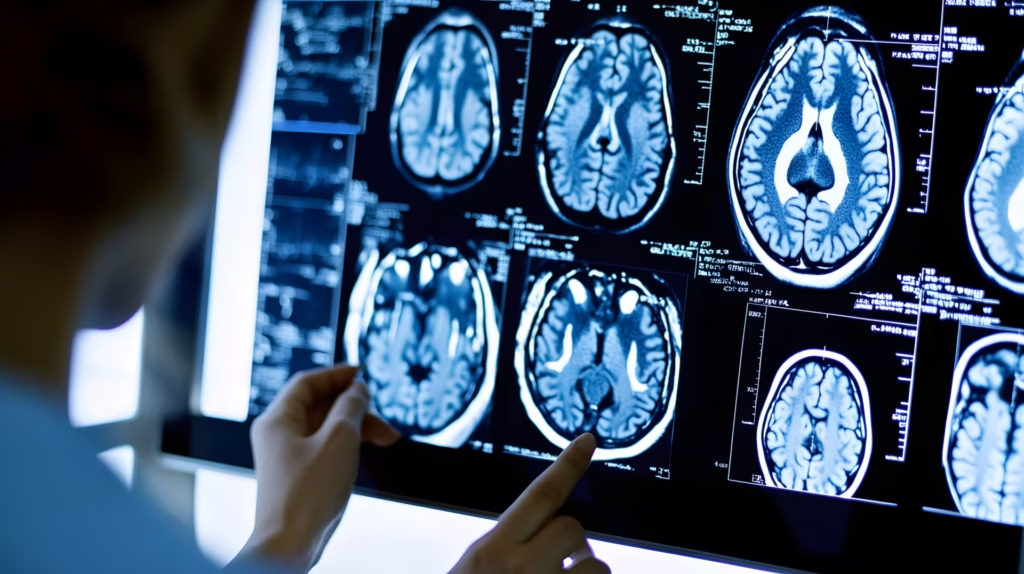
Dr Bedia Samanci is a 2025 touchNEUROLOGY Future Leader, and is already making a significant impact in the field of clinical neurology. In this Q&A we discuss advanced neuroimaging, biomarker discovery and the integration of machine learning into neurological diagnostics. Areas that promise to shape the future of patient care.
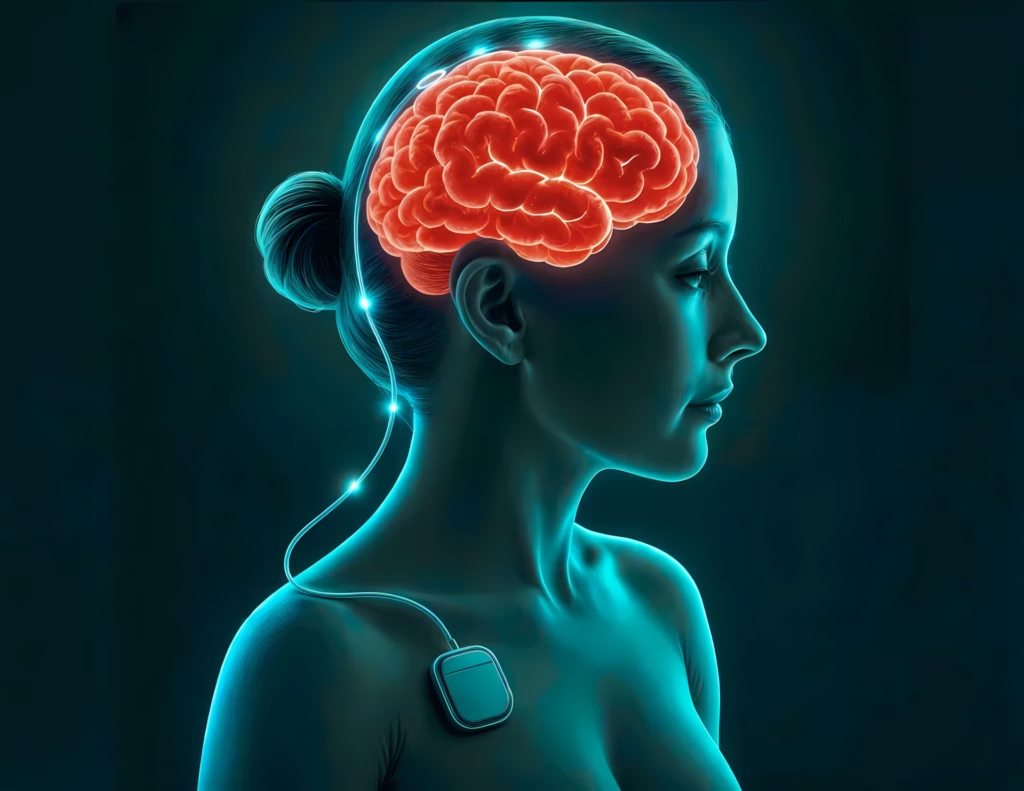
Prof. Joaquim Ferreira shares insights from EAN 2025 on the future of Parkinson’s disease care. He discusses realistic timelines for DMTs, the evolving role of gene therapy for genetic subgroups, and the potential of adaptive deep brain stimulation. Prof. Ferreira also highlights the growing importance of optimizing current treatments, interdisciplinary care, and addressing persistent challenges such as gait disturbance, dyskinesia, and cognitive decline.

At EAN 2025, Prof. K. Ray Chaudhuri shares insights into cutting-edge Parkinson's drug delivery methods, the future of biomarker-driven care, advances in managing sleep disturbances, and the vital role of lifestyle modifications in optimizing patient outcomes.
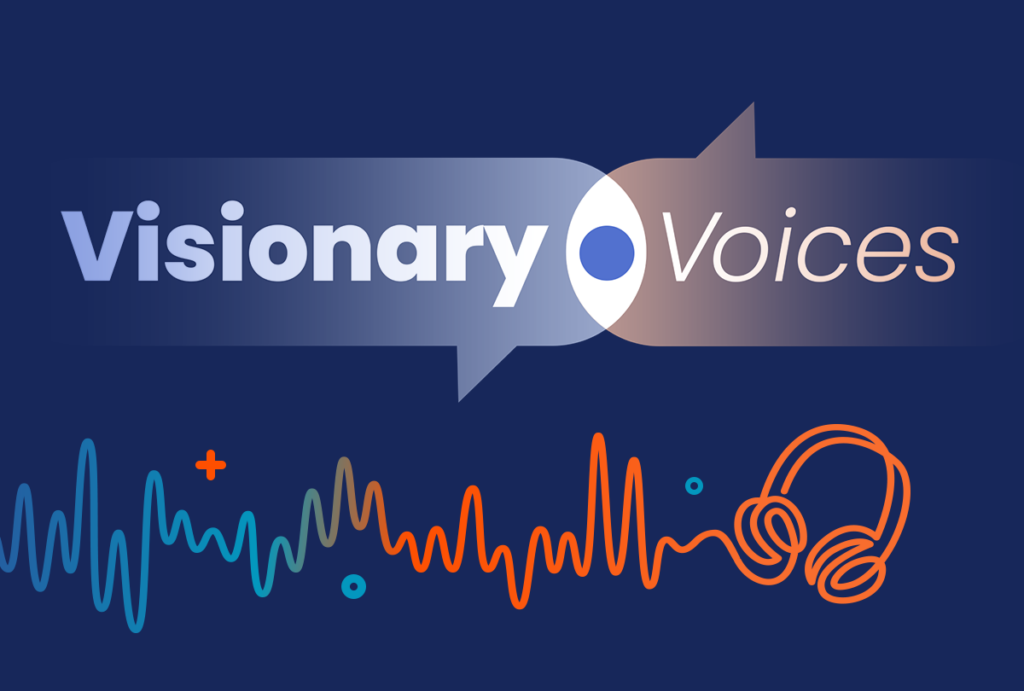
Physician burnout is at a critical point. In this episode, Nicky speaks with Dr Alfred Atanda about why so many physicians are burning out and what can be done to change the trend. From personal experience to system-wide solutions, Dr Atanda shares valuable insights on improving physician well-being and building a more effective healthcare culture.

In this episode of Visionary Voices, Dr Anthony Caggiano, Chief Medical Officer at Cognition Therapeutics, joins us to explore how biomarkers are transforming our understanding of Alzheimer’s disease, from diagnosis and disease progression to drug development and the future of clinical care.
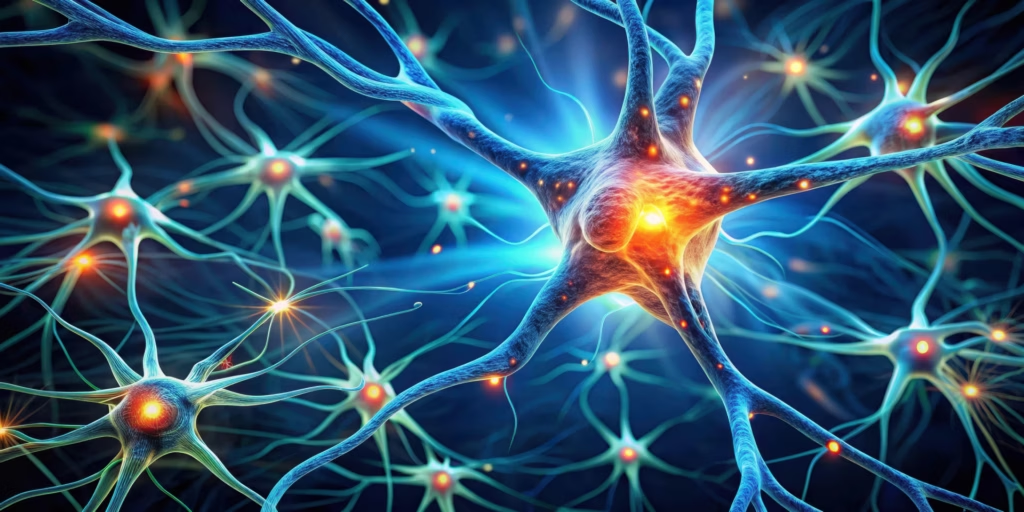
Amyotrophic lateral sclerosis (ALS) is a neurodegenerative disorder of upper and lower motor neurons that results in progressive motor impairment. ALS is the most common disease of motor neurons with an annual incidence of approximately 1.7–2.5 per 100,000 people. It is a ...

In this episode, we explore the future of continuing medical education (CME) with the team behind touchIME. Hannah Fisher and Matthew Goodwin share insights into global and US trends, the importance of patient inclusivity and how educational outcomes are evolving to better measure the direct impact of learning on clinical practice and patient care.
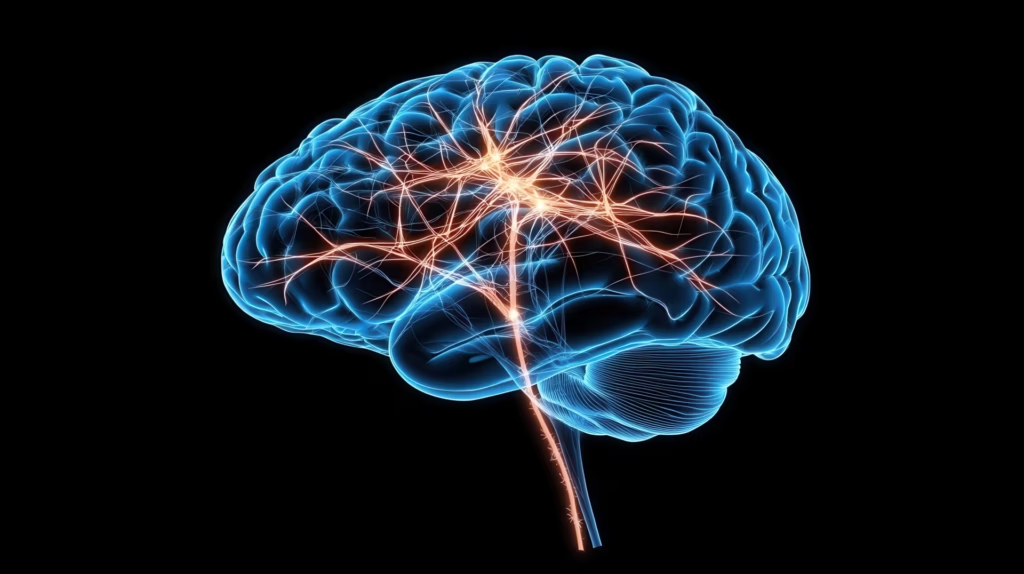
In this Q&A, Dr Andy Liu, Associate Professor of Neurology at Duke University School of Medicine, discusses his presentation on the clinical use of lecanemab in Alzheimer’s disease. Drawing on real-world experience and findings from the 2022 CLARITY AD study, Dr Liu explores the treatment’s benefits, challenges in daily practice and the importance of patient-centred care in this evolving therapeutic landscape.
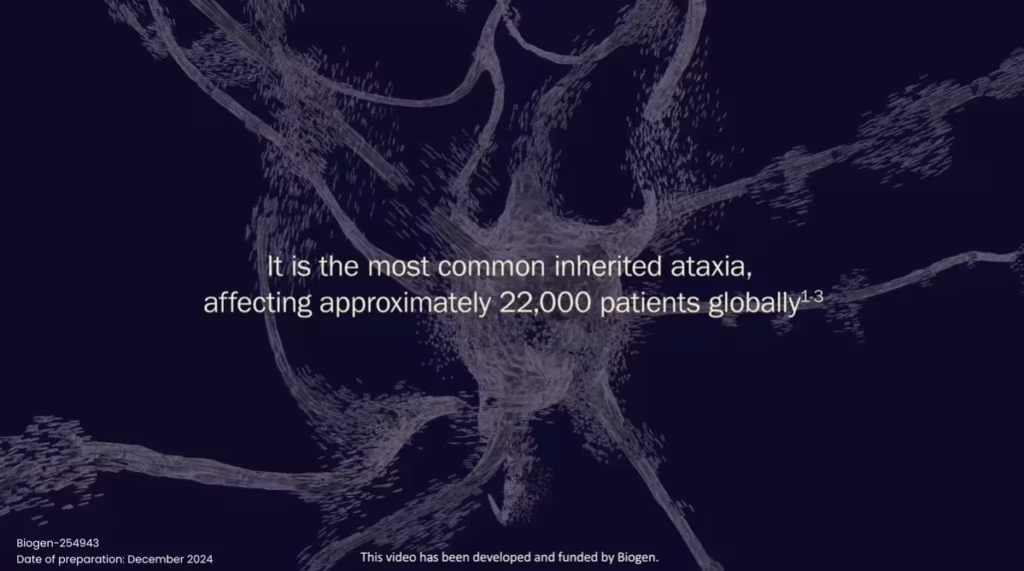
Watch a leading expert discuss the key signs and symptoms of Friedreich ataxia and how to avoid diagnostic delays.

Amyotrophic lateral sclerosis (ALS) is characterized by the degeneration of both upper and lower motor neurons, which ultimately leads to muscle weakness, atrophy, spasticity and contractures.1 ALS typically manifests in the 50–60 years age range, although familial cases may present in ...
Brain Awareness Week, taking place from March 10-16, 2025, is a global campaign dedicated to fostering public enthusiasm and support for brain science, organised by the Dana Foundation. Each March, participants worldwide organize imaginative activities that highlight the wonders of the brain and the profound impact of neuroscience on our daily lives.
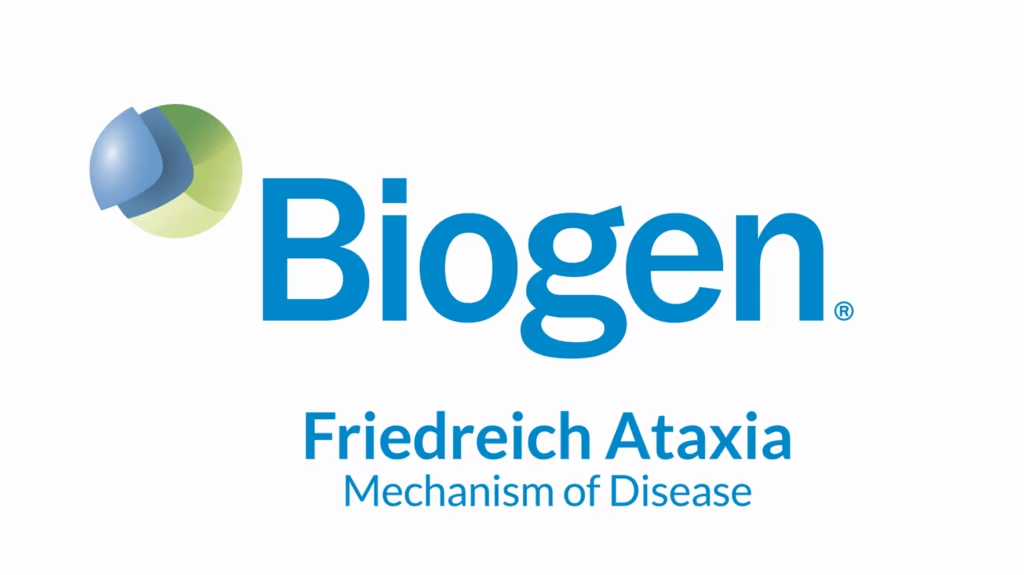
Watch this short video animation to learn how genetic mutations in patients with Friedreich ataxia (FA) translate into clinical symptoms.
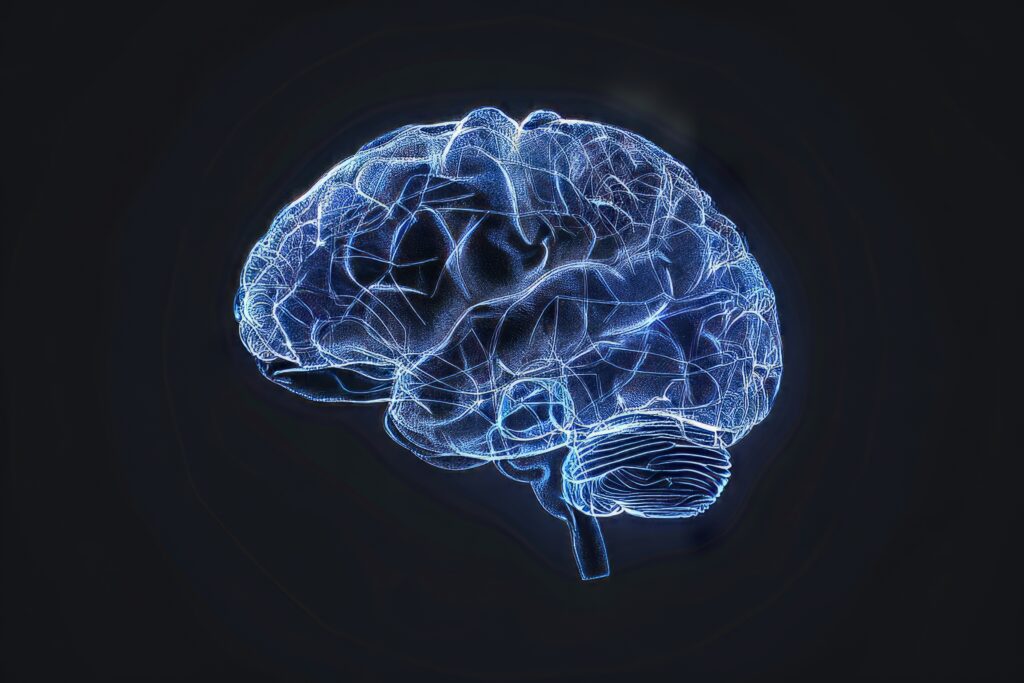
Huntington’s disease (HD) is a neurodegenerative disease inherited in an autosomal dominant manner. It is caused by an expansion of cytosine, adenine, guanine (CAG) repeats within the huntingtin (HTT) gene, which is located on chromosome 4. This pathological expansion of ...

In this episode, we’re joined by Bradley Love, Professor of Cognitive and Decision Sciences at UCL, ELLIS fellow, and creator of BrainGPT. We discuss how this large language model is poised to assist researchers in advancing their work.
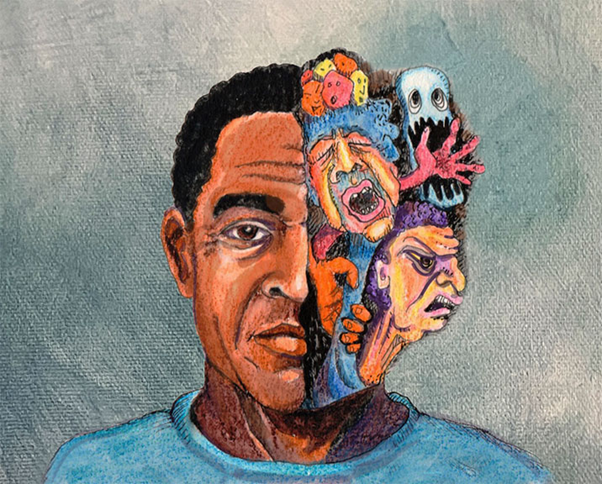
A powerful new illustrated book, What Parkinson’s Feels Like, has been released to help build empathy and raise awareness about the lived experience of Parkinson’s disease. Created by artist Barbara Salsberg Mathews, who was diagnosed with Parkinson’s in 2020, the book translates vivid descriptions from people with Parkinson’s around the world into compelling, mixed-media illustrations.
Latest articles videos and clinical updates - straight to your inbox
Log into your Touch Account
Earn and track your CME credits on the go, save articles for later, and follow the latest congress coverage.
Register now for FREE Access
Register for free to hear about the latest expert-led education, peer-reviewed articles, conference highlights, and innovative CME activities.
Sign up with an Email
Or use a Social Account.
This Functionality is for
Members Only
Explore the latest in medical education and stay current in your field. Create a free account to track your learning.



